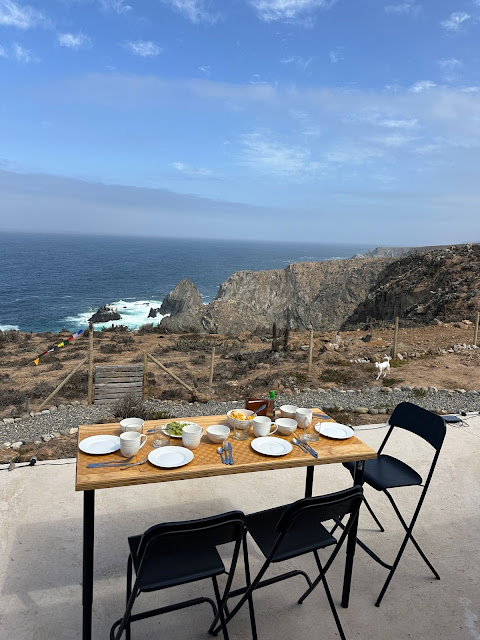Week 4
Week 4
I seem to look more closely at the water related topics - probably because of the boating/recreation interest
70 Advice Notices have been given to the Provinces in a measure to improve the Netherlands Nature Reserves.
Slecht = Poor
Redelijk = Reasonable
Natura 2000 Reserves (not included in the Notices) are those which are mandated by EU directives and have been the cause of much controversy about Nitrogen levels.
Almost every area that has been studied suffers from the large amount of nitrogen. Well-known examples are the Limburg Brunssummerheide, the Sallandse Heuvelrug (Overijssel) and the Alde Feanen in Friesland. (one of our boating areas).
Nitrogen provides extra nutrients in the soil, causing (rare) plants that require little nutrition to become overgrown. This in turn has negative consequences for birds, butterflies and other animals.Many different types of plants and animals (biodiversity) ensure clean air, pollination of plants and good soil quality. If certain species decline sharply or even disappear, this will also have consequences for our environment.
Dehydration and poor water quality are also terms that frequently appear in the advice. This has several causes. Sometimes it is due to groundwater levels that are too low, sometimes due to too many fertilizers or pesticides in the water. And sometimes also due to a combination of those factors.
In addition, the EA also sees that too many people recreate in certain nature reserves, which damages nature. This happens, for example, in De Biesbosch, the Loonse and Drunense Duinen (North Brabant) and the Sallandse Heuvelrug. In many cases, nature reserves are also too small or fragmented.
One of the heads of the EA also warned of poor water supplies. Basically saying that the Netherlands should avoid just looking at the Nitrogen problem - because there are other equally important problems to be dealt with.




























Comments
Post a Comment